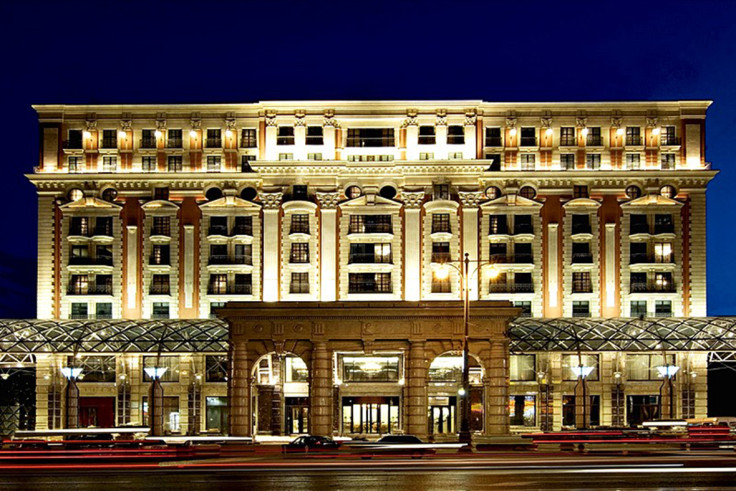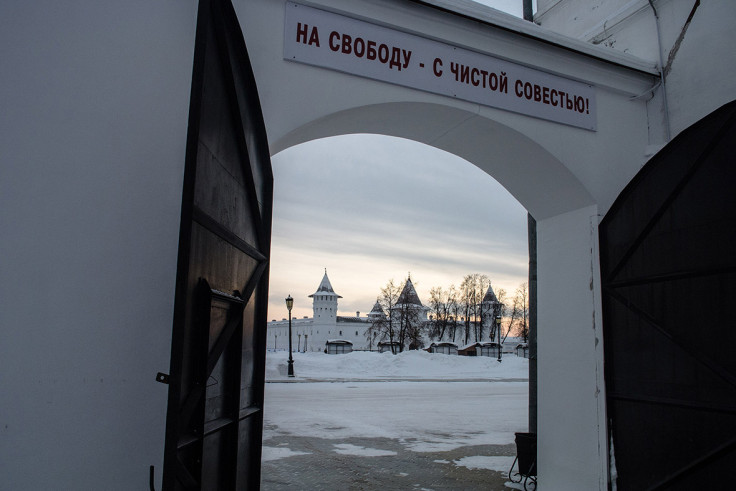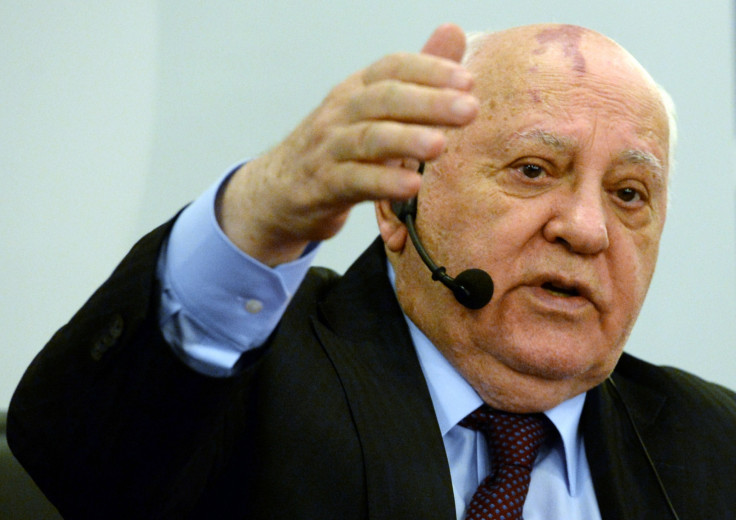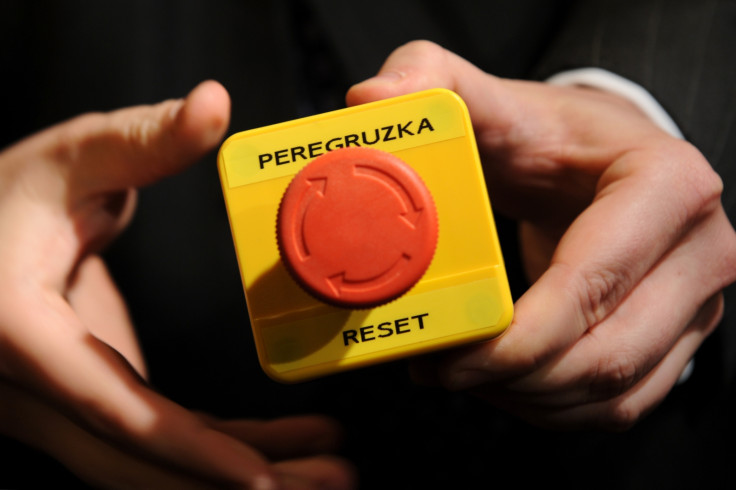The meaning of perestroika, glasnost and kompromat - a definitive Russian glossary
List of Russian words in use in the West continues to grow, as our glossary illustrates.

The Russian word "kompromat" was thrust into the headlines and became one of the most searched terms on the internet after lurid allegations emerged about the alleged antics of Donald Trump in a Moscow hotel room.
It describes compromising material for a high-value target – such as a politician, a businessman or a spy – and has been in common usage for a long time, but only in January did it become the latest Russian term to make its way into Western parlance.
Michele Berdy, who is a Russian-English translator based in Moscow and author of the translation and culture guide The Russian Word's Worth, said there is no set formula for which Russian words become popular in the West.
"You never know what sticks and what doesn't. I think kompromat is easier to say than 'compromising material', which is why it was picked up.
"Right now, it has this exotic sense of what those Russians do, whereas it actually just means what human beings do in politics or business," she said, adding that over time, it may come to mean specifically a Russian gathering of compromising material on people.
"In general, we take the words for something we don't have. So we took vodka. We took perestroika, because it was so awkward to say 'restructuring'.
"It is either because it is slightly more convenient, but generally it is something that doesn't exist. We say intelligentsia, because in America there is nothing like the intelligentsia, it is a very specific class of people that they just never had. Samovar entered the language because we didn't have them.
"Glasnost just became a shorthand for explaining economic and political restructuring. Glasnost means 'openness', but openness sounded kind of funny," she told IBTimes UK.
So kompromat is not the first and it certainly won't be the last Russian word we hear of. Here is a list of some of the more common ones.
Agitprop: A portmanteau of 'agitatia' or agitation, mixed with 'propaganda', it was shortened from Otdel Agitatsii I Propogandy, which was the Department for Agitation and Propaganda that emerged after the Russian revolution.
It refers to art forms with a political message and took form in cinemas and theatres. It described small publications like pamphlets, which if they opposed the authorities, might have to be published secretly (see Samizdat).
Apparatchik: Someone who works for the apparat, or 'Gosudarstvenniy Apparat', which means the state machine. Stemming from the Latin word 'apparatus', today in English it can have a negative connotation as a generic description of an official in a large organisation.
Commissar: Another borrowing from Latin, this time from commissaries, it was a Soviet Communist Party official, and until 1946, would refer to the head of a government department.
Glasnost: It means publicity and openness and came to symbolise the transparency that the last Soviet leader, Mikhail Gorbachev, who used it widely, wanted to introduce to the USSR in its final days.

Gulag: An acronym for Glavnoye Upravlenie Ispravitelno-trudovykh Lagery I Kolonnie, or the Main Administration of Corrective Labour Camps and Colonies. It is now a catch-all term meaning any oppressive environment.
Intelligentsia: Another borrowing from Latin, it referred to the group of thinkers, artists and intellectuals that shaped the cultural landscape of the Soviet Union and was often a target if it wavered towards opposing the authorities.
KGB: The letters for the notorious organisation stood for Komitet Gasudarstvennoy Bezopasnosti, or Committee for State Security. Although the name was scrapped in 1991 and switched to the FSB, the KGB still lives on in neighbouring Belarus.
Pravda: It means 'truth' and was the name of the newspaper that was the mouthpiece of the Soviet Communist Party from 1912. It exists to this day both as a print publication and online.

Perestroika: Or 'restructuring', it was another buzzword describing Gorbachev's plans to rebuild the Soviet economy in the mid-1980s.
Samizdat: From the word for 'self-publication' which was necessary for dissident groups during the Soviet era trying to secretly disseminate literature, which could include poetry, plays and pamphlets.
Sputnik: Has come to mean a satellite, but initially referred to a travelling companion.
Troika: A group of three people or things working together in an administrative sense, and also the trio of leaders who ruled the Soviet Union after the death of Stalin. Its origin is the word for a 19th century Russian carriage that was drawn by three horses abreast.
And of course, vodka: In classic Russian understatement to play down its effects, this word we all know (and love) simply means "little water".
We'll end with zolotoy dush: golden shower. Enough said.

A near miss: Peregruzka
When Secretary of State, Hillary Clinton wanted to make a grand statement about the "reset" of ties between Russia and the US in 2009, she handed foreign minister, Sergey Lavrov, a device with a button, under which was the word "peregruzka" , which she thought meant "reset".
Trouble is, it was misspelt; the word actually means "overload" and implies hostility, appropriate given what followed between Washington and Moscow. She was only two letters out though, the Russian word for reset is actually "perezagruzka".
© Copyright IBTimes 2025. All rights reserved.






















